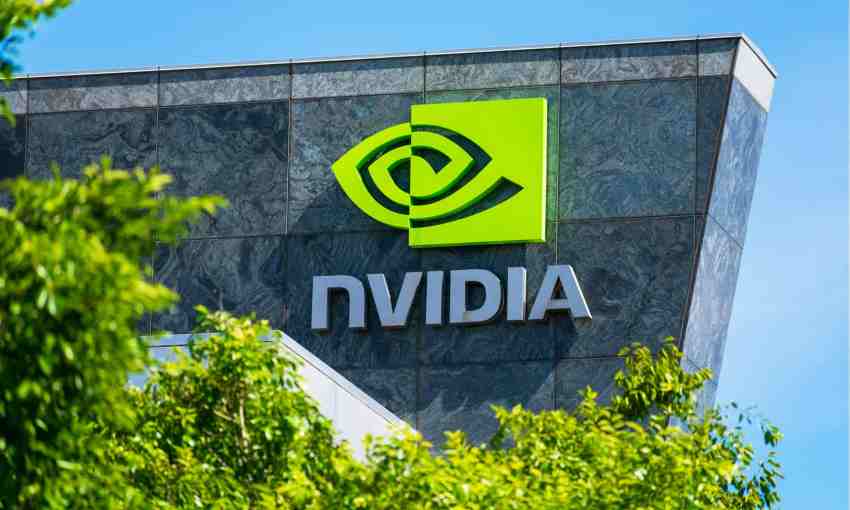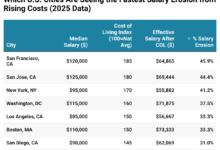How Does Vaccination Protect Our Body From Diseases?
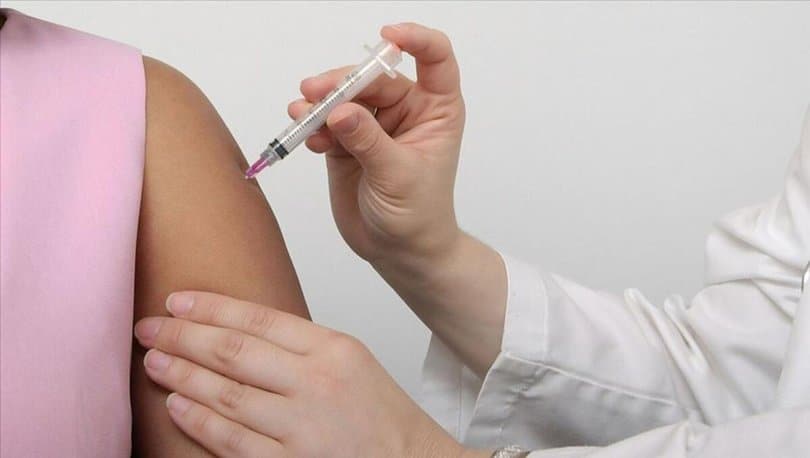
Although there is no vaccine for all diseases, vaccines against many diseases have been developed to date.

Some bacteria and viruses reproduce using our healthy cells. Infected healthy cells are damaged. When the bacteria and viruses in our body reach a certain number, we become sick. Vaccination is a treatment method that protects our body against disease-causing bacteria and viruses. Although there is no vaccine for all diseases, vaccines against many diseases have been developed to date. So how does the vaccine protect our body from diseases?
There are some cells in our body that fight and destroy disease-causing bacteria or viruses. These cells are called immune system cells. Immune system cells are produced by white blood cells. The antibody is also one of the immune system cells. Antibodies recognize and destroy disease-causing agents such as bacteria and viruses, thanks to molecules called antigens on their surface.
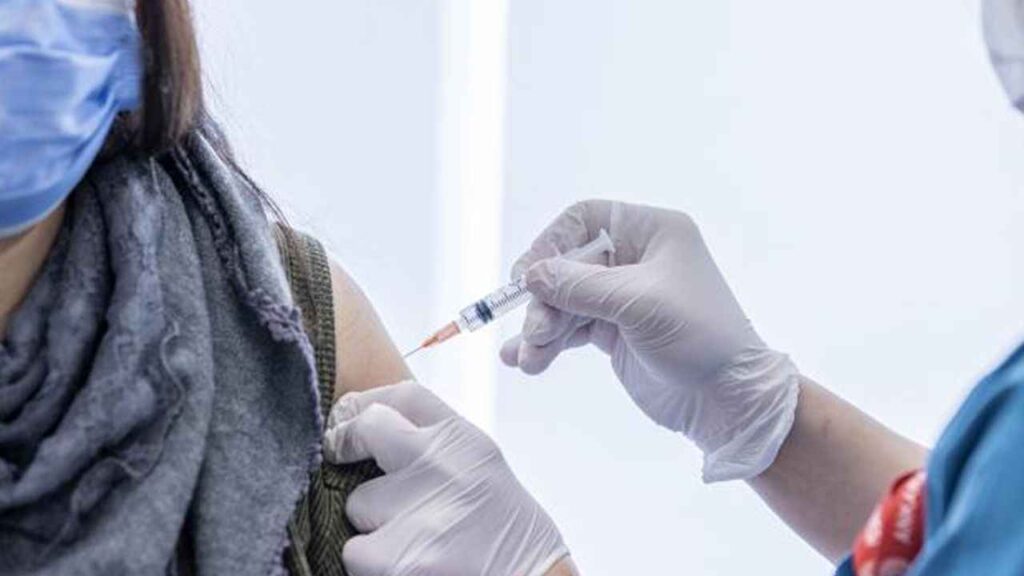
Antibodies, which are a type of protein, are shaped like the letter Y. Antibodies have specific regions of protein that allow them to form a key-lock-like structure with antigens. These regions are called paratopes. Antigens also have specific regions where they interact with antibodies. These regions are also called epitopes. When the paratope and epitope approach each other, electrical interaction occurs between the positive (+) and negatively charged (-) regions of the molecules. In this way, the paratope of the antibody and the epitope of the antigen are weakly attached to each other. In a sense, antigen and antibodies “recognize” each other.
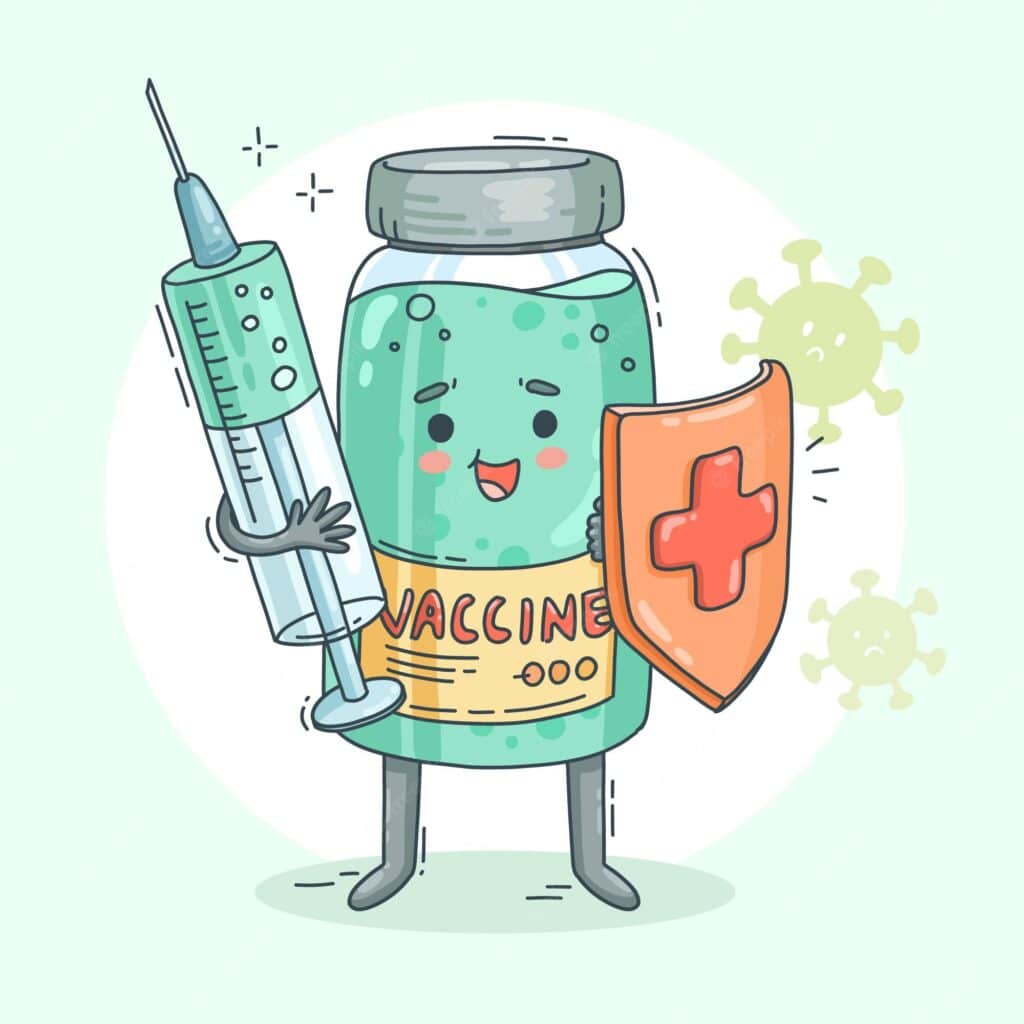
The vaccine is produced using disease-causing bacteria and viruses. When we are vaccinated, our immune system is stimulated and the antibodies in our body recognize the antigen. Although the antigen in the vaccine is not strong enough to cause disease, the immune system now recognizes this antigen, allowing antibodies to be produced faster the next time it encounters it. In this way, our body builds immunity against disease.
Source of information - https://www.newscientist.com/term/how-do-vaccines-work/ - https://www.ncbi.nlm.nih.gov/pmc/articles/PMC2581910/pdf/blt-05-227.pdf - https://www.urmc.rochester.edu/encyclopedia/content.aspx?ContentTypeID=160&ContentID=35


